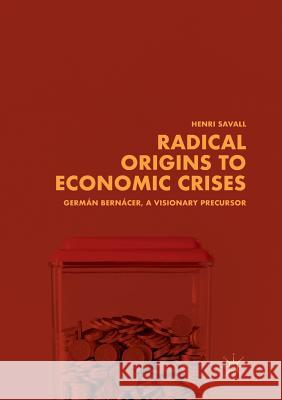Radical Origins to Economic Crises: Germán Bernácer, a Visionary Precursor » książka
topmenu
Radical Origins to Economic Crises: Germán Bernácer, a Visionary Precursor
ISBN-13: 9783030066475 / Angielski / Miękka / 2018 / 447 str.
Kategorie:
Kategorie BISAC:
Wydawca:
Palgrave MacMillan
Język:
Angielski
ISBN-13:
9783030066475
Rok wydania:
2018
Dostępne języki:
Ilość stron:
447
Waga:
0.55 kg
Wymiary:
21.01 x 14.81 x 2.39
Oprawa:
Miękka
Dodatkowe informacje:
Wydanie ilustrowane











